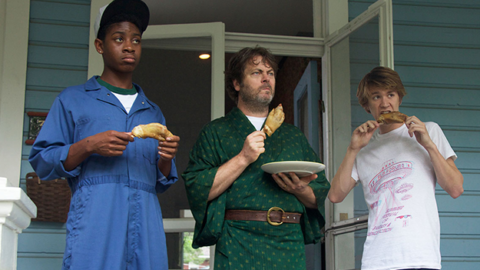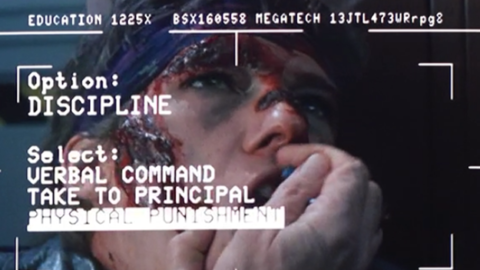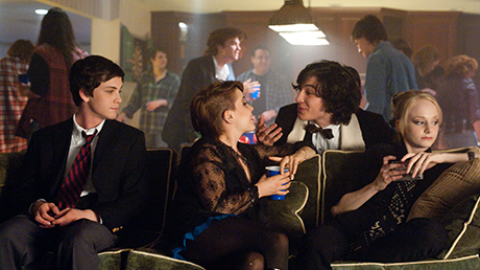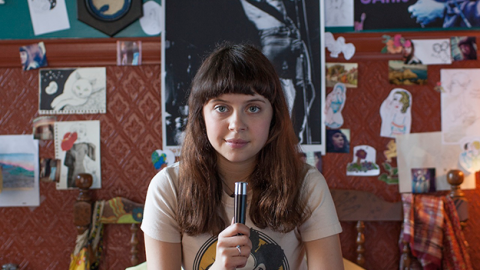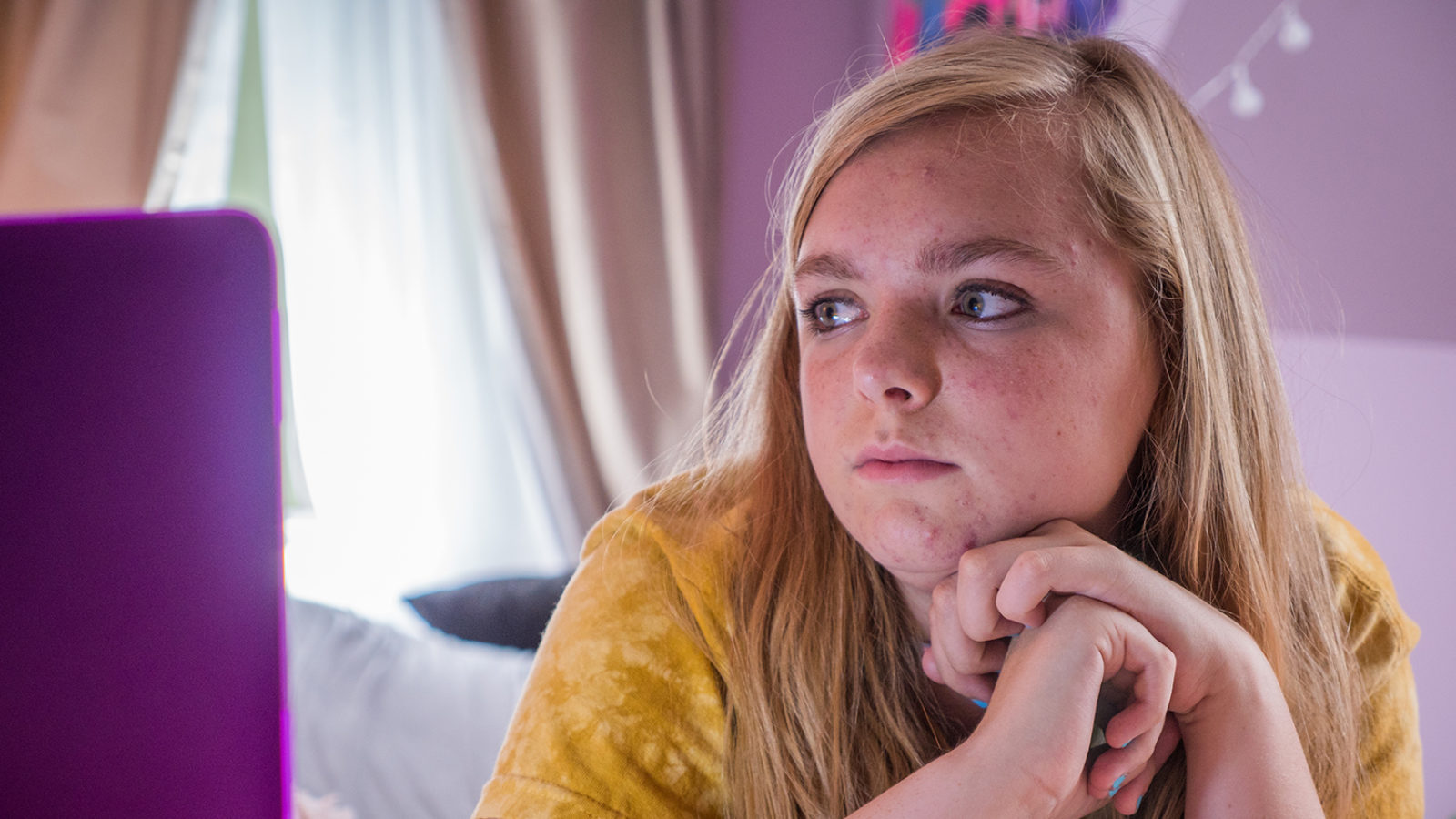
Review: Eighth Grade
A quintessential millennial, the 27-year-old comedian Bo Burnham famously launched himself to fame at a young age, garnering fans and acclaim as a teenager posting self-made musical-comedy videos on YouTube. With Eighth Grade, his feature directorial debut for which he also wrote the screenplay, Burnham has crafted a gracefully empathetic testament to the irony and anguish inherent in being a teenager in the 21st century, stumbling toward adulthood in an intensively connected world. In a bracing departure from other recent indie coming-of-age dramedies (Lady Bird and The Edge of Seventeen come immediately to mind), Burnham’s film dignifies a less well-represented, largely misunderstood age group, at that unwieldy in-between life stage when a person has left childhood behind but hasn’t quite committed to the transformative passion of teenage rebellion.
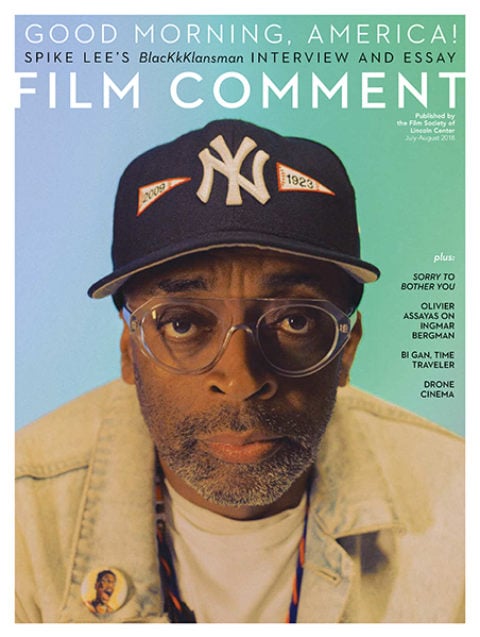
The cozy 94-minute narrative closely hews to the in-the-moment emotional tides of Kayla (Elsie Fisher), a shy, pimply late bloomer willing herself to forge a new path over the last week of middle school. Her story is staged with a singular, vividly perceptive sense of humor, a careful balancing act between understated cringe-comedy realism and colorful glimpses into Kayla’s tumultuous subjective experience. Burnham captures the discomfort and urgent frustration of early teenage existence with a sharp eye for deadpan irony, and the result feels like watching documentary footage of one’s own youth, sympathetically and knowingly edited from the safe distance afforded by decades of accumulated wisdom. Following Kayla as she attends with passionate obsessiveness to her social media personae, navigates the unwelcoming terrain of a popular girl’s pool party, or spends the day shadowing a mercifully unprejudiced high schooler, we are granted intimate access to the fraught blend of isolation and wired-ness through which all the events of her daily life are filtered.
Kayla is not simply desperate for friendship, but desperate to belong, which means desperate to be wanted—not physically, per se, but wholly, as a person and a friend. (The film also affectionately documents the sincere and intensely physical ebbs and flows of an adolescent crush.) Kayla’s social awkwardness and alienation is painstakingly embodied—she is physically awkward, too, and not fluently at ease within her own body—and the tension between her awareness of this awkwardness and her longing to overcome it is transmuted into an electric charge that powers the entire enterprise.
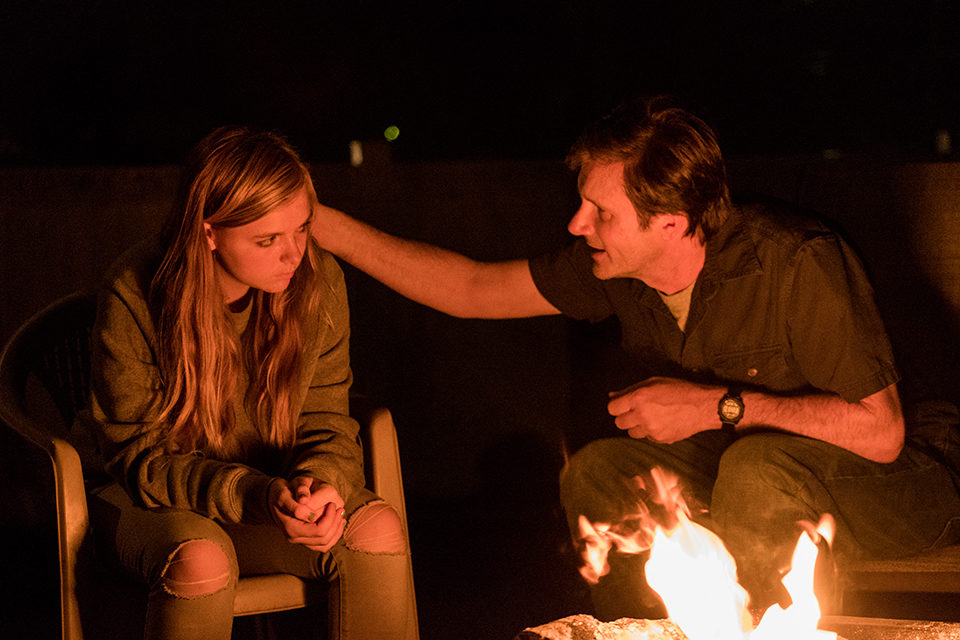
Eighth Grade
Burnham’s direction of his cast is a small miracle, empowering the ensemble of actors playing Kayla and her classmates to replicate the breathy, tentative cadences and squirmy agony of adolescent interactions. The easy, immersive naturalism of Fisher in particular is practically eclipsed by the conviction with which she captures the anguished effortfulness of teenage self-presentation. This is evoked with heartrending precision in several interludes drawn from Kayla’s own scarcely viewed YouTube channel, where she promises to teach her hypothetical viewers to master a life skill about which she herself is just beginning to discover her own cluelessness. Meanwhile, Kayla’s single dad (played with pitch-perfect restraint by Josh Hamilton) is desperate to reach his lonely daughter, even as she is equally determined not to require his care and concern.
Burnham’s gaze takes in the specific ironies and indignities of being a young person in our bewildering present reality. Memorable scenes during active-shooter drills at Kayla’s school delicately capture the disconnect between a parental figure’s concern, on the one hand, and the larger-than-life intrigues and soft-power struggles occurring on a daily basis between teenagers (and within the confines of a young girl’s interior life) on the other. We’re reminded that the objectively small and inconsequential tragedies and triumphs in the personal life of a 13-year-old are subjectively experienced with a seismic, transformative intensity rivaling the dramas that preoccupy the wider world. Eighth Grade makes the case that this perspective is a reasonable and valid one, because when a girl is in the process of becoming a fully grown person in the world, then learning to understand, respect, and ultimately accept that person is nothing less than the most important thing that girl can do.
Madeline Whittle is the Film Society of Lincoln Center’s programming operations assistant.



